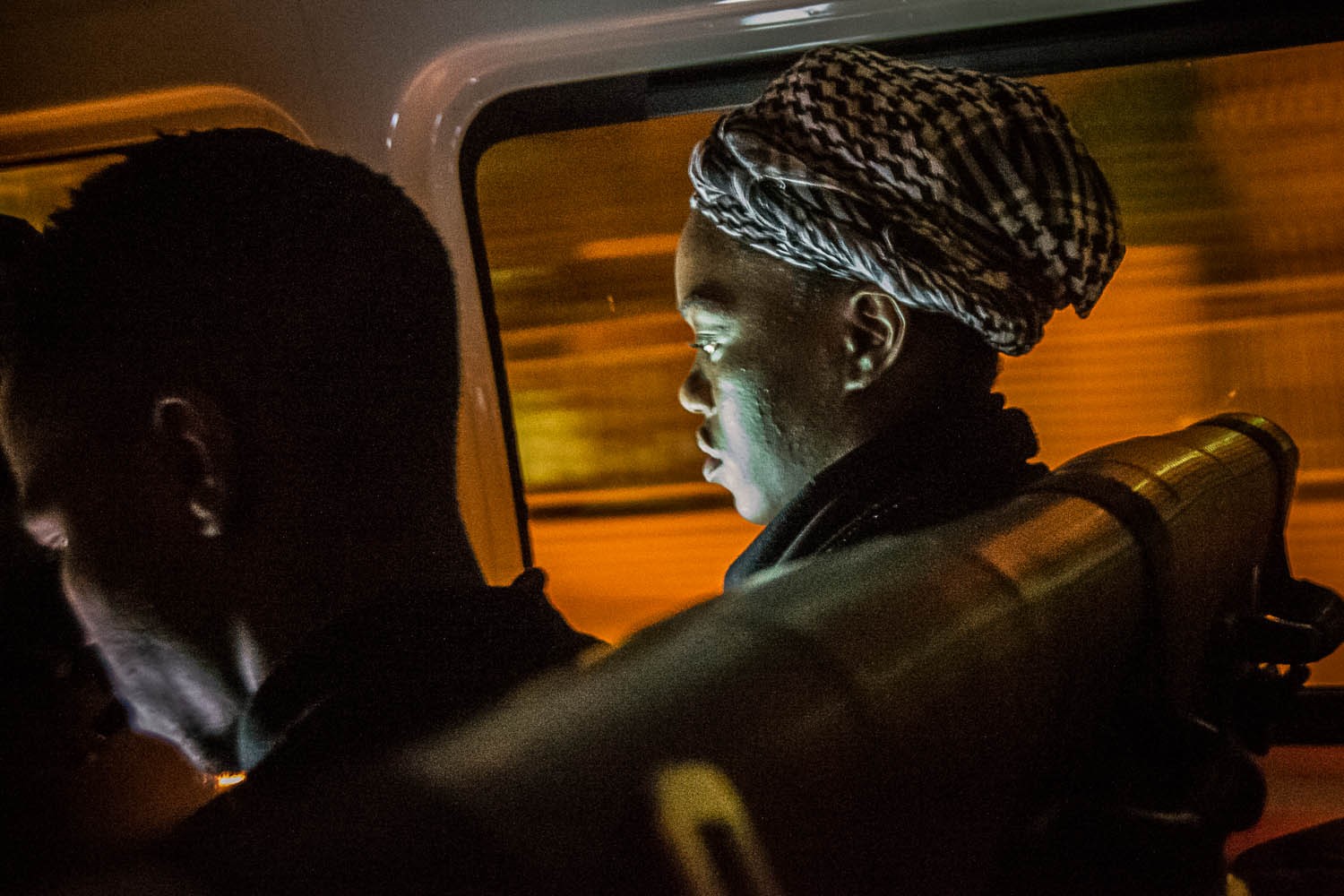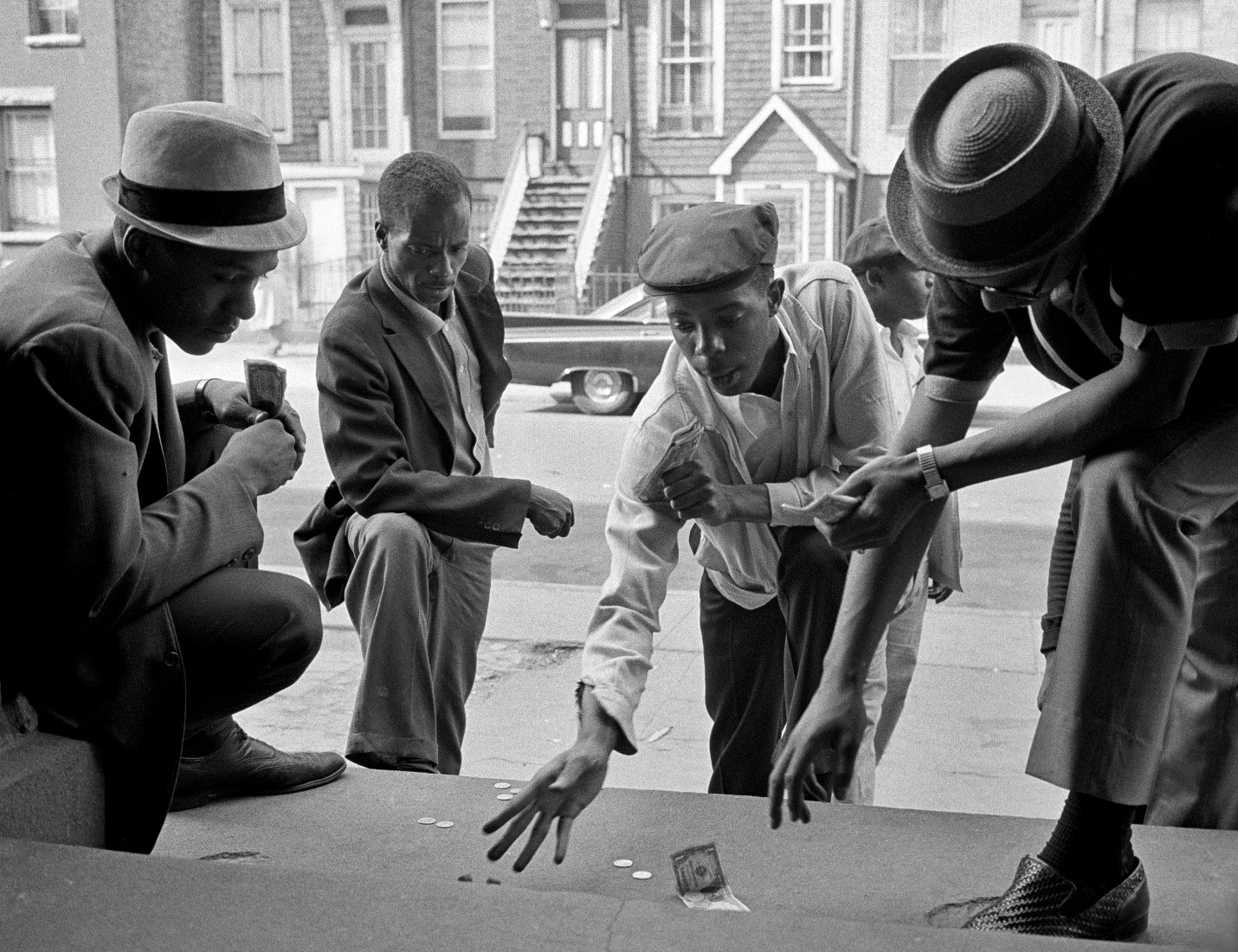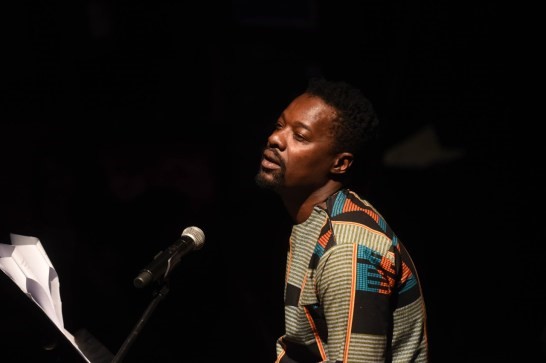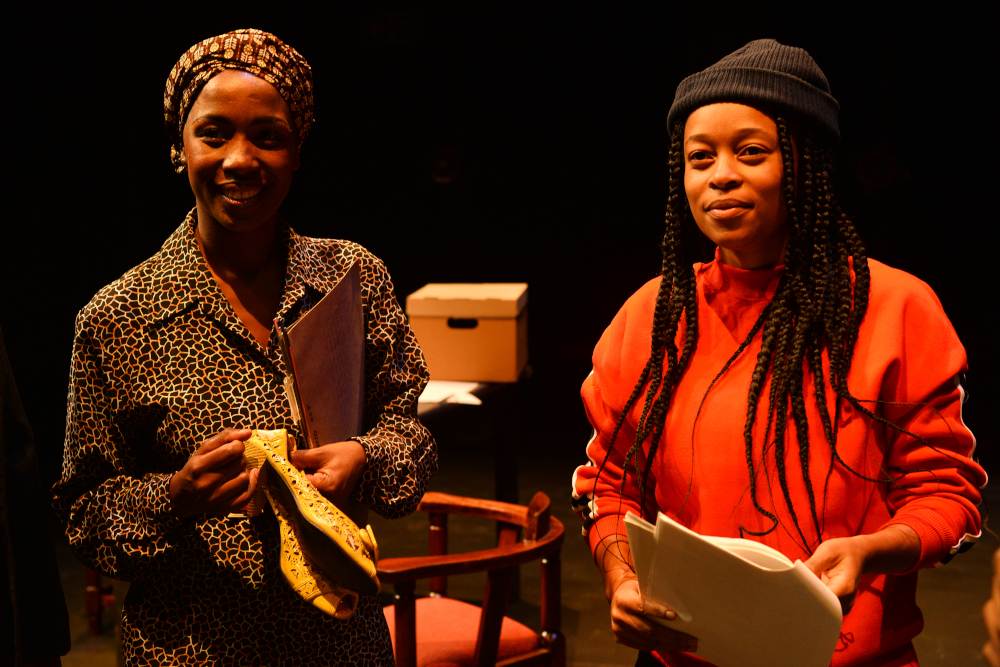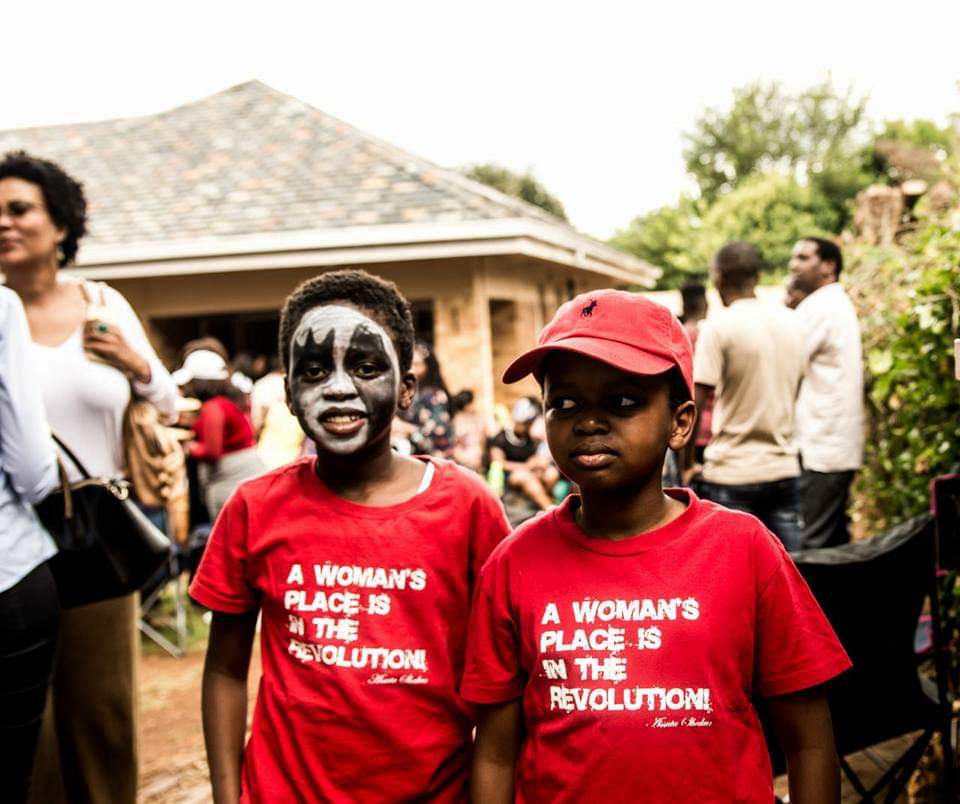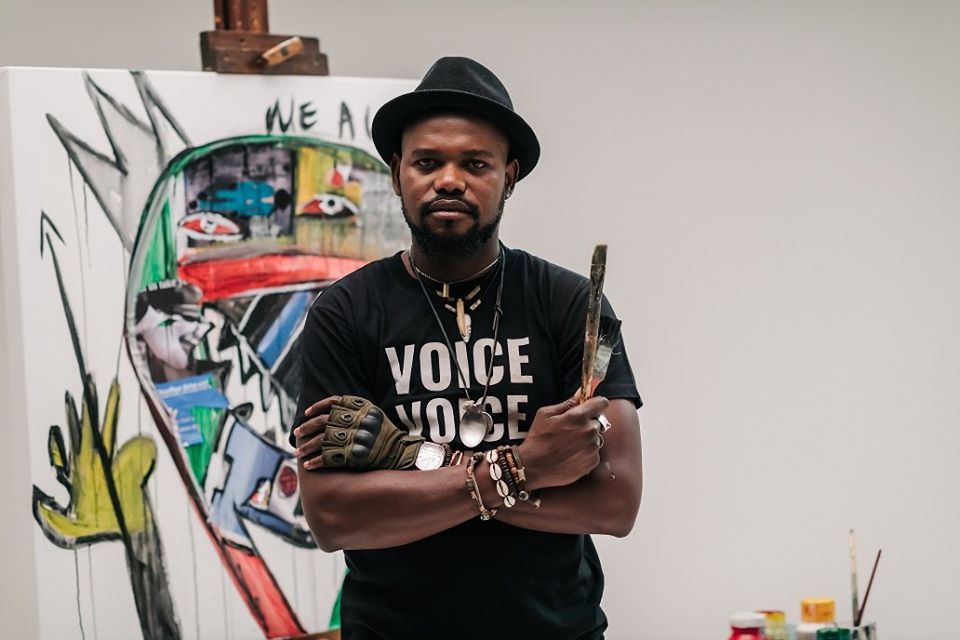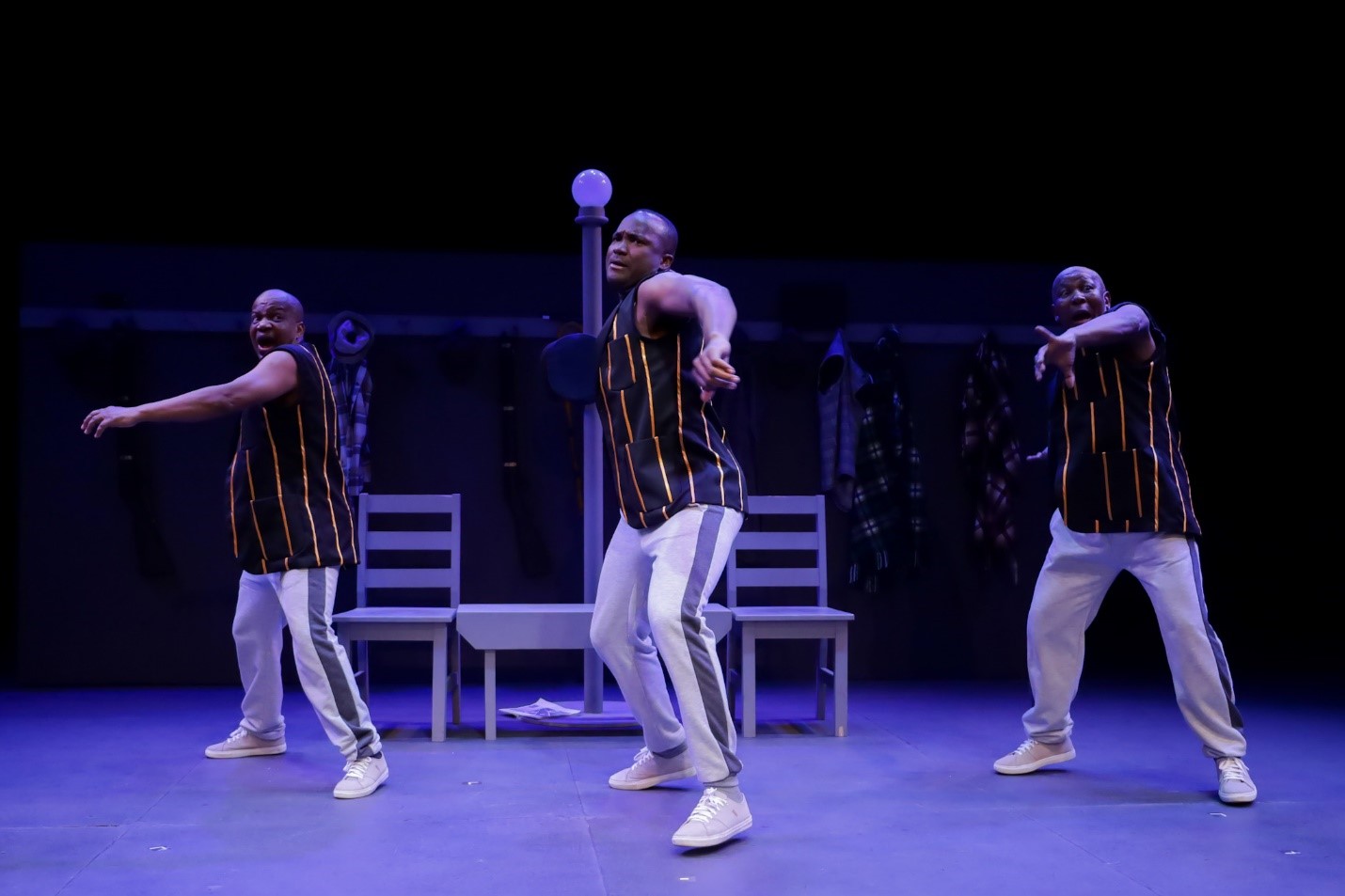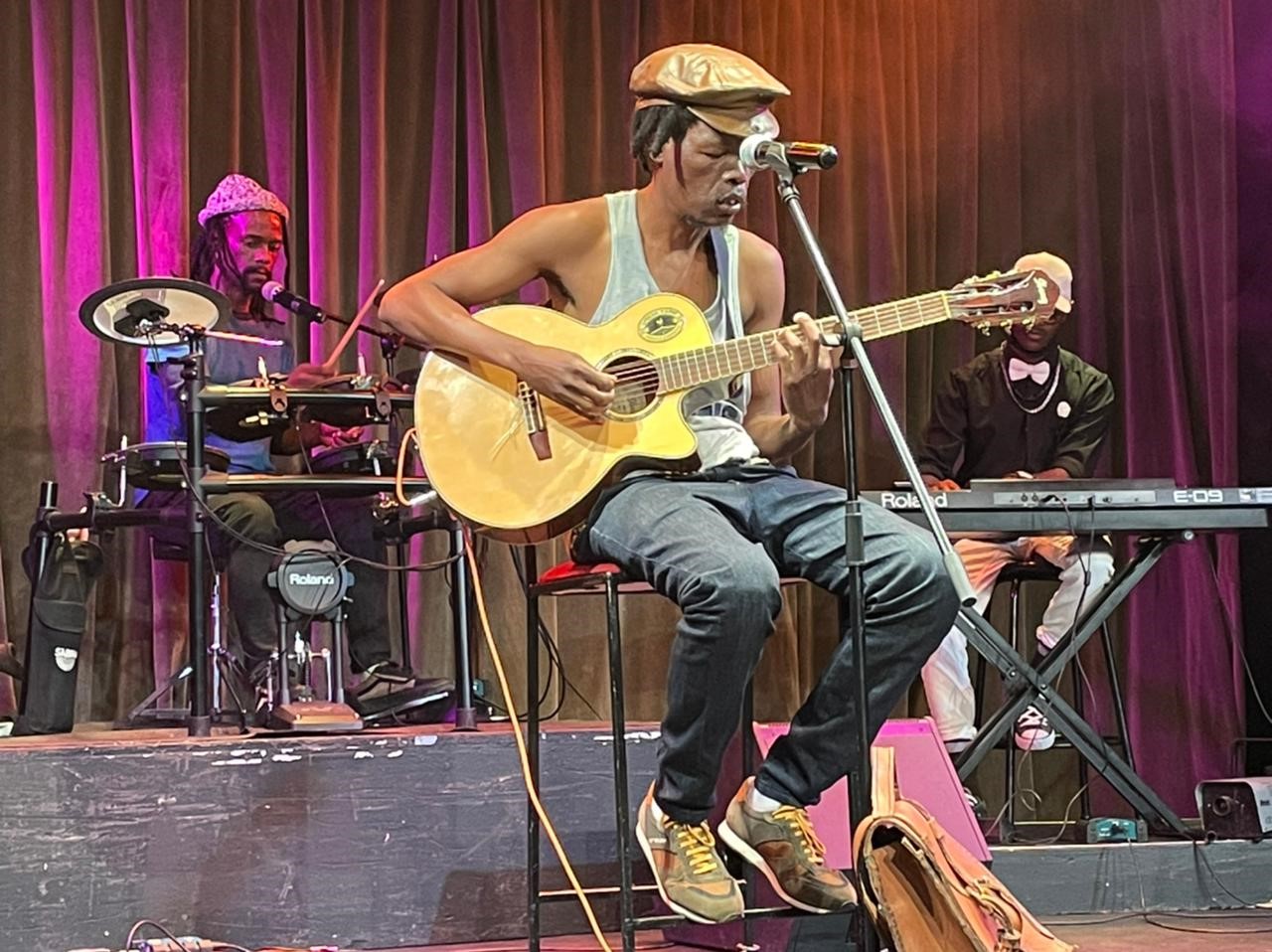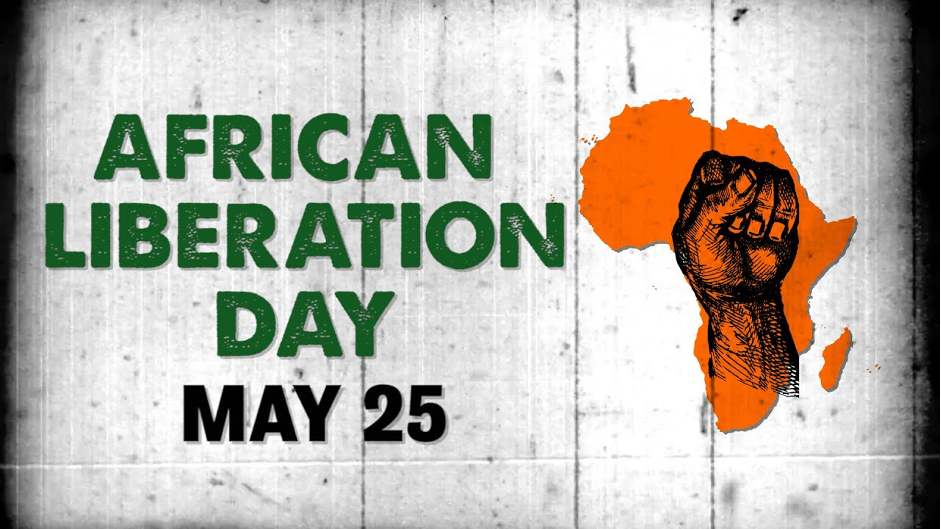None of us are the owners of this land and its vast waters. None of us are the proprietors or principles of these mountains and the dew that falls upon them. We are, but custodians who were granted the sacred privilege of overseeing its growth and wellbeing. If the sun said to the moon, let us seize to rise, we too would fall into a permanent darkness that would eventually lead to the destruction of our mortal existence. We talk to this earth every day, with the gentle treads of every footstep and the soft prayers at the varying altars of our homesteads. When our knees touch the soil of this land they create volcanic vibrations and send songs of expressive gratitude towards its heavens. When our hands touch this soil, they speak a dialog of many languages, calling upon all the living and dead footprints who shape its landscapes, to help reclaim its fertility. None of us are owners of this land because we are of this land and it is our kin. It provides us light, shelter, and air to breathe. It gives us food to eat and water to drink therefore if one between us should be God, it should be the land that is able to withstand the heat of the scorching summer sun and the blistering winds of winter. This is how we relate to this land. As its kin we connect with it on the metaphysical and mystical and divine. It was upon this land that our forebears welcomed guests. They fed them good food and gave them warm places to rest their ailing bodies. They showed them the vastness of this land’s plains, the depths of her valleys and the height of her hills and their gluttonous insatiability was cemented to it. They ravaged its people and set foreign demarcations barricading the land from its kin and making it inaccessible and barren.

Today we find ourselves imprisoned by the walls we built with our own hands. In the confines of fragile abodes we gather the ancestors who’ve endured the perils of this wretched earth. With our songs and prayers. We beat shudders and shocks against the four walls that are pieced together by bricks, mortar, sweat and tears. We sing songs of praise and as the wax falls from burning candles we let our souls flow into oneness with the ones who are kept warm by the soil beneath our feet. On other days we sit silently and ponder that etymology of our lost tongues because we are the caged birds who can’t find the words for the songs we wish to sing. This is no place for fragile egos, here we are all displaced ghosts fighting to erase the boundaries that separated us from our humanity. Whose land is this anyway? Does it belong to the fraught children of former slaves, or does it belong to the carefree children of wealthy masters? We dare not ask these difficult questions, for ours is to sit around the disjointed tables held together by mother’s tear, sharing the crumbs that father picks up from his master’s bountiful meadow. Our burden is the way we relate to this treacherous land, we never demarcate it because as far as we know Africa is for all Africans, therefore the praises we give, though confined, are meant for all who work the land despite its demarcations.
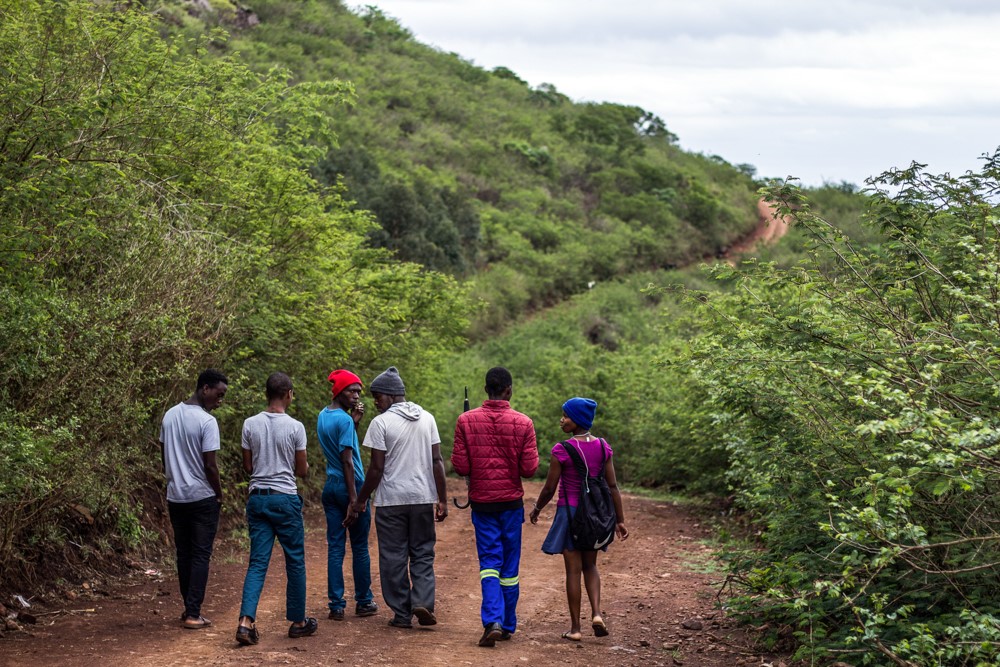
The land is ours but we are also hers, she takes care of us just as do of her. When blood spills it defiles the land and it is here when it stops giving. Like Cain to Abel, when the hand of a brother strikes the other it angers the land. The land gives life just as it takes and this divine understanding is why we are assured that this land is ours. The land will leave repugnant, greedy throats parched when she feels her authority being trampled upon. She will topple fascist governments and self-indulgent capitalists alike. Her wrath can be felt in the bellowing winds, and the pouring rains. It can be felt in the sweltering sun and the destitute plants that render the cattle sluggish. This land is a generous, selfless God and she requires us to be submissive. She is rich and her belly is filled enough to feed us all with its gems. The land is love and love is the knowledge that you are because I am. We are of dust and unhindered access. The empty veldts and quiet corridors of this land are in fact where we go to surrender and talk to our ancestors. It is here where we meet God and listen carefully to find the parts of ourselves that oppressive forces silenced with their foreign violence. The land is a caregiver, and it is our duty to care for her. This land feeds us, it gives us all that is bright and beautiful and this is why we know that the land is ours. She pours melanin into our Black, she grows medicine and grants us access to another day to chase our dreams. This land listens and understands, she welcomes her guests with warmth, she gives them good food and a warm place to rest their tired bodies, and this is why we know that the land is ours.

